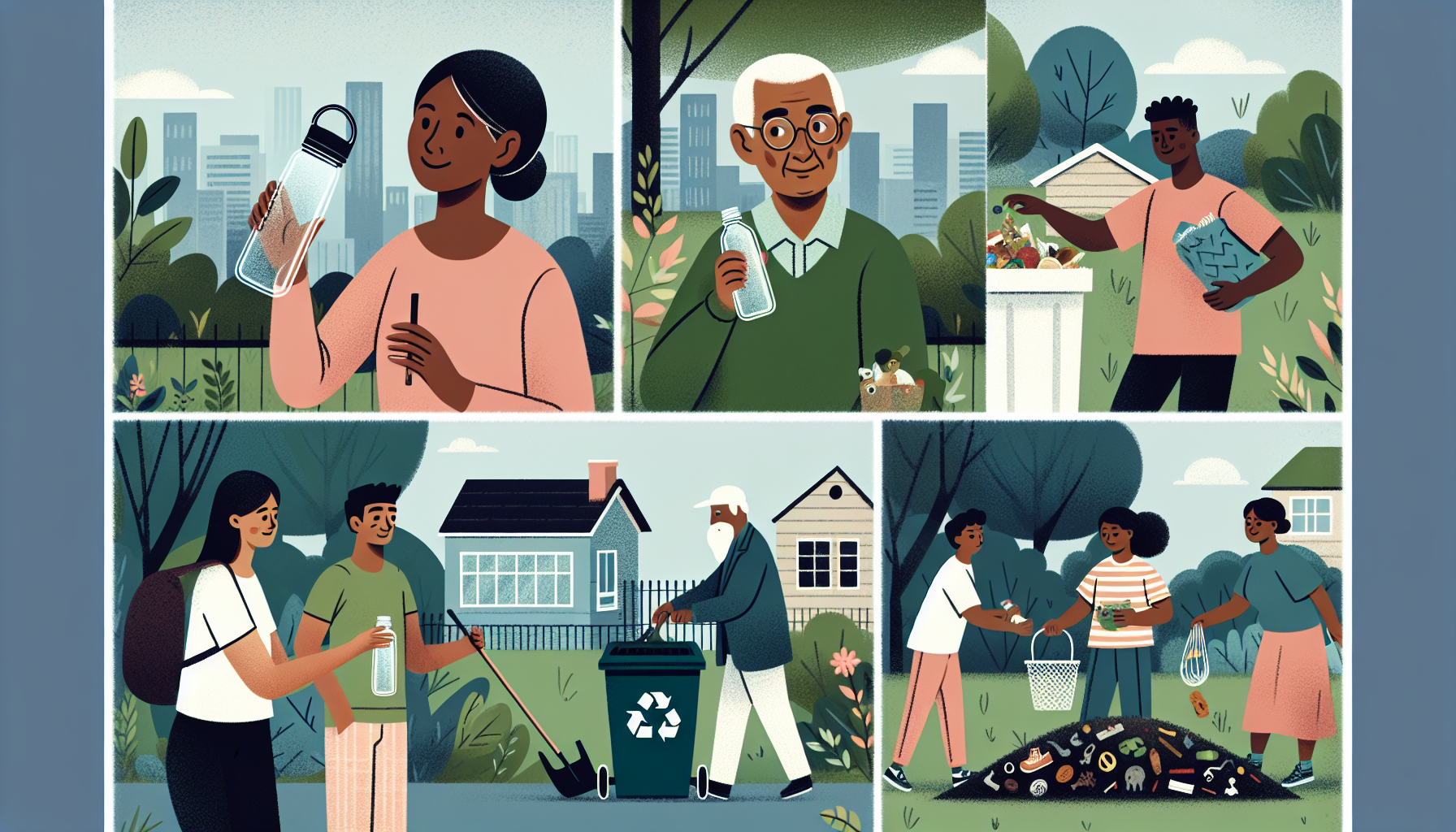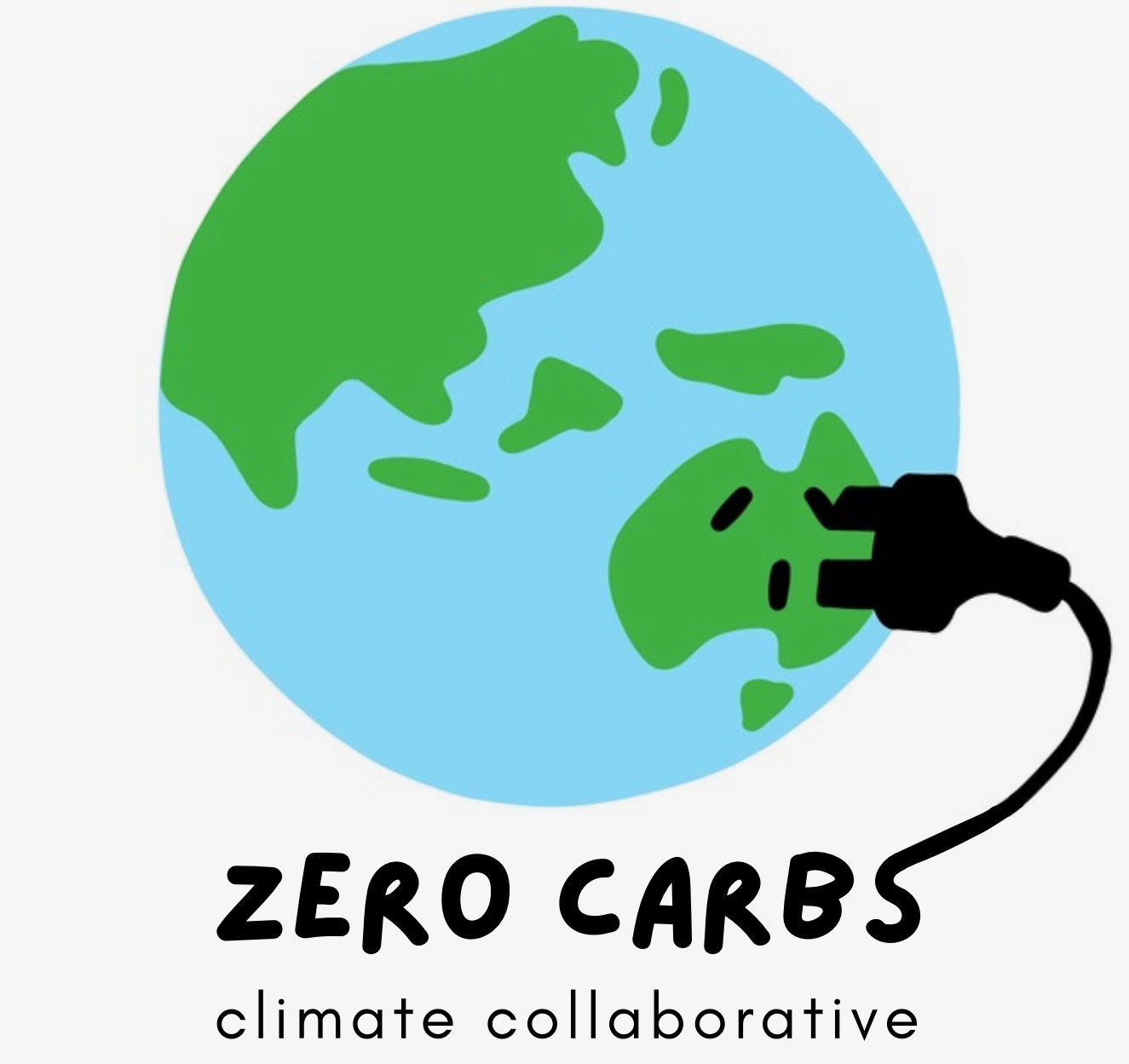Reducing waste is crucial for preserving our environment and conserving natural resources. By minimizing the amount of waste we produce, we can decrease the strain on landfills, reduce pollution, and save energy. Simple actions like recycling, composting organic materials, and choosing reusable products over single-use items can make a significant impact. Additionally, supporting companies that prioritize sustainable practices and being mindful of our consumption habits contribute to a healthier planet. Through collective effort and conscious decision-making, we can create a more sustainable future for generations to come.

In today’s world, reducing waste has become a critical environmental goal. The first step towards waste reduction is adopting the principles of the three Rs: reduce, reuse, and recycle. By minimizing consumption and opting for products with less packaging, individuals can significantly decrease the amount of waste they generate. Reusing items, whether through creative repurposing or donating unwanted goods, extends the life cycle of products and reduces the need for new materials. Recycling is another vital component, ensuring that materials like paper, glass, and plastics are processed and made into new products instead of ending up in landfills. Additionally, composting organic waste can transform food scraps and yard waste into valuable nutrient-rich soil. Implementing these practices not only conserves resources and energy but also helps in mitigating pollution and protecting natural habitats. By making conscious choices and encouraging sustainable habits, everyone can contribute to a healthier planet.

In our quest to make the earth a better place, rethinking how we manage our rubbish tips is crucial. One of the most effective strategies is to enhance recycling programs to ensure materials like plastics, glass, and metals are repurposed instead of ending up in landfills. Composting organic waste can significantly reduce the volume of waste, turning food scraps and garden clippings into valuable fertilizer for agriculture. Additionally, investing in waste-to-energy technologies can convert non-recyclable waste into electricity, reducing our reliance on fossil fuels. Encouraging community involvement through education and local clean-up initiatives can also foster a culture of environmental responsibility. By implementing these measures, we not only reduce the strain on our landfills but also contribute to a more sustainable and cleaner planet.
Reducing waste is essential for a sustainable future, and there are several effective techniques to achieve this goal. Firstly, adopting the practice of recycling and composting helps divert materials from landfills and transforms waste into valuable resources. Secondly, embracing a minimalist lifestyle by purchasing only what is necessary can significantly cut down on excess consumption. Thirdly, repurposing and upcycling old items into new, functional products extends their lifespan and reduces the need for new materials. Additionally, supporting products with minimal or eco-friendly packaging can help lower the amount of waste generated. Lastly, engaging in community initiatives and educational programs can raise awareness and encourage collective action towards waste reduction.
